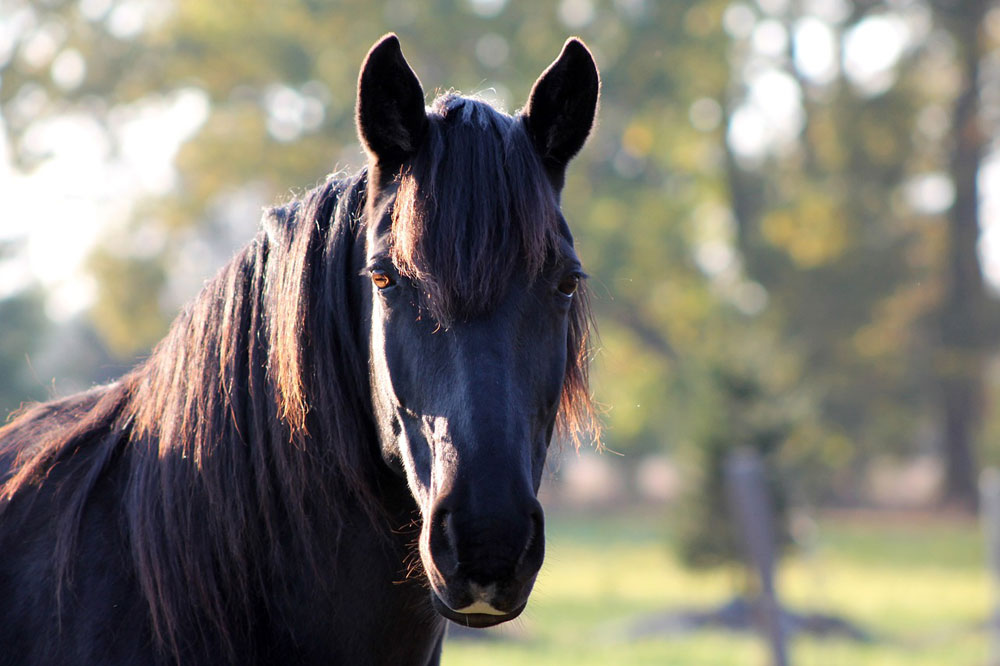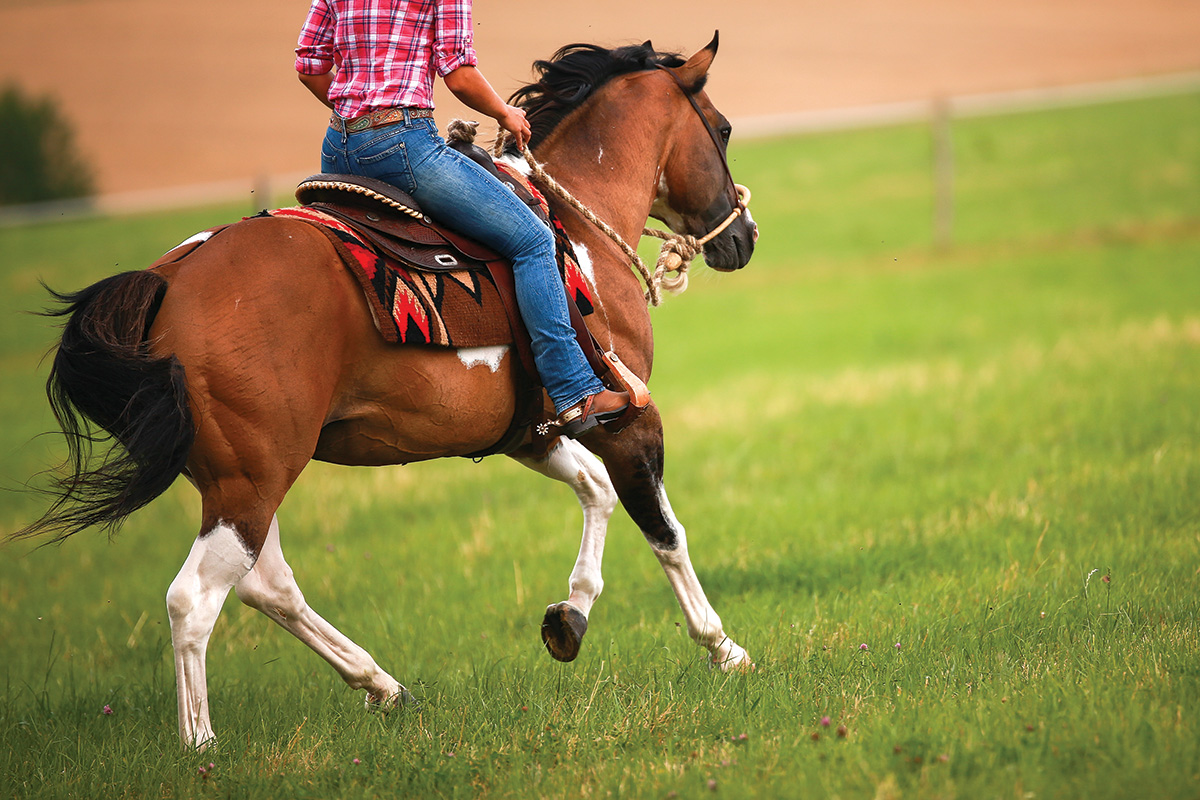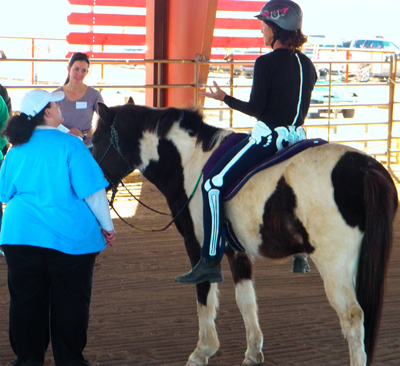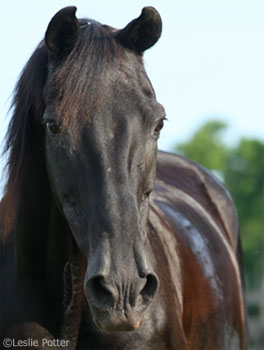Q: I have heard many people adamantly insist that the sheath must be cleaned every six months, but at other barns where I’ve worked, we simply do not do it regularly unless the horse appears to have a problem. We check every six months to a year (unless signs of a problem arise before that) for problems. But if all seems well they leave the horse alone, even the beans, and the horses are very happy healthy animals. So, is sheath cleaning really a must do?

A: The short and brutally honest answer to this question is: no, sheath cleaning is not a mandatory exercise, but it’s probably a good idea.
Geldings and stallions collect a gooey substance called smegma, which is a combination of skin excretions and dirt around their penis. This smegma collects in the sheath and in the urethral fossa, which is a small indentation immediately above the urethra. The smegma that collects in this fossa is called “the bean” simply because it is usually bean-shaped and smooth.
This smegma is a natural occurrence in every male horse but some individuals tend to collect more smegma than others. After a while, these secretions can develop an odor and occasionally may cause local irritation to the skin causing the horse to become itchy or even slightly swollen.
There is the common misconception that if the bean is not removed on a regular basis, it will grow large enough to block the horse’s urethra and prevent him from urinating. I have never seen this happen, nor heard of a case of it from other veterinarians therefore I would not be concerned of this occurring.
There are many horses out there that have never had their sheath cleaned and are no worse for the wear. Conversely, we see some horses on a regular basis for sheath cleaning either because their skin is very sensitive to excess buildup of smegma, they are extremely adept at producing large quantities of smegma, or a combination of both.
The next time your gelding or stallion extends his penis to urinate, take a look and evaluate the cleanliness of his penis. If there is a strong odor, or an extensive amount of buildup, consider cleaning his sheath or having your veterinarian evaluate him. If things appear fairly benign, he’s probably fine.






I think it’s a good idea to do it once or twice a year. When my instructor’s vet came out to the ranch to clean all the geldings, one of them had a bean that was 1 1/2 inches across, but he didn’t have any visible problems urinating. Sometimes you won’t be able to tell when there is a problem.
Pls advise the best and easiest way to perform this task….
Great article. Very true on it depending on the horse entirely. My friend’s bay gelding has never had a problem in his lifetime of 23 years, but just last week, I was asked to take a look at another brown 14 year old gelding. He had formerly been gentle, well-mannered, and bombproof, but in the past two months he’d began bucking which had steadily gotten worse, and he was no longer a suitable horse for his owners! A friend and I quickly noticed his extrememly dirty and flaky male parts. The day I was scheduled for a training session with him to “cure him of bucking,” I went to the barn early, got a sponge and went at it. It was the WORST sheath I’ve ever seen in my entire life. The job took about 45 minutes, but I could instantly see enormous improvement in his liberty of motion afterwards! When I saddled him up, he crowhopped and bucked a little at first, but then he realized there was no more pain! Now he’s back to his old gentlemanly self. So that just goes to show you how detrimental a dirty sheath can be! 🙁
Again, a very wise article, but by the way, Ms. O’Brien spelled “peek” wrong. 😀 lol!!
Oh, the joys of having a gelding. Good Article.
Great question thanks
Does my horse have arthritis ? There’s a couple lumps on her feet just above the front hooves. Acts like her feet hurt but there’s nothing wrong with the hoof. She is 25 yrs. old.
BECKY: a of all this is not where you leave questions to horse illustrated and B of all it is not fair to wait for interernet replies while your horse suffers. ASK THE VET not the computer, here on Horse channel it is a great place to post things like ” when i go into the sitting trot i have problems whith saying supple in the saddle. i bounce every where” not things like “my horse is thrashing around in his padock and rolling while he neighs and cries. i think he has coloic, should i call the vet?” honestly, im not saying this to be harsh, i want your horse to get medical advice as early as possible.
Hard to reread this article because I have to help a friend.